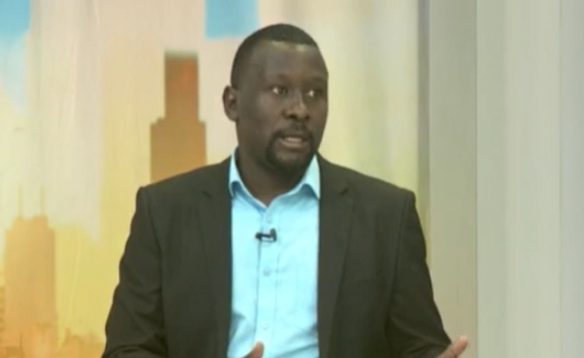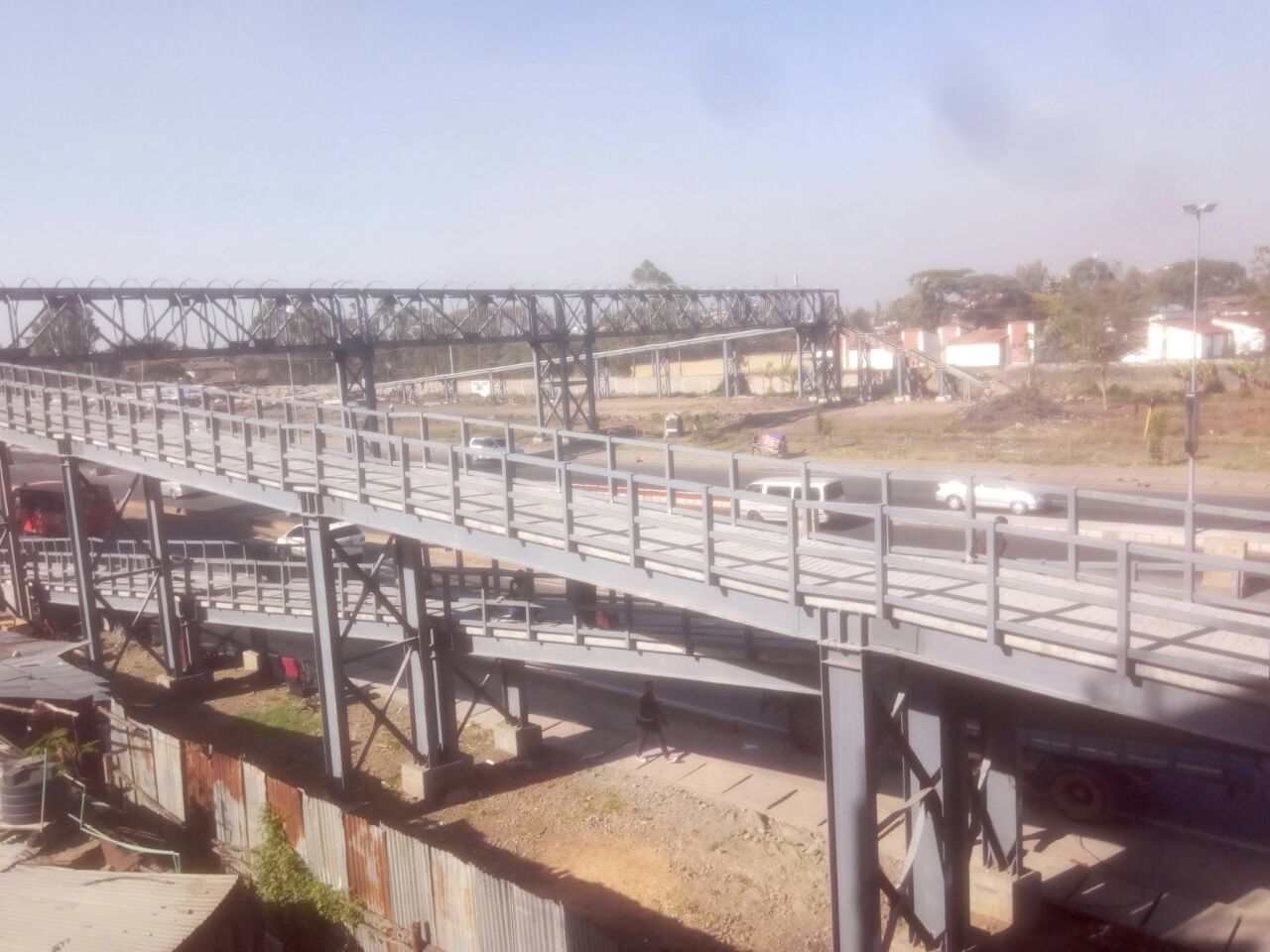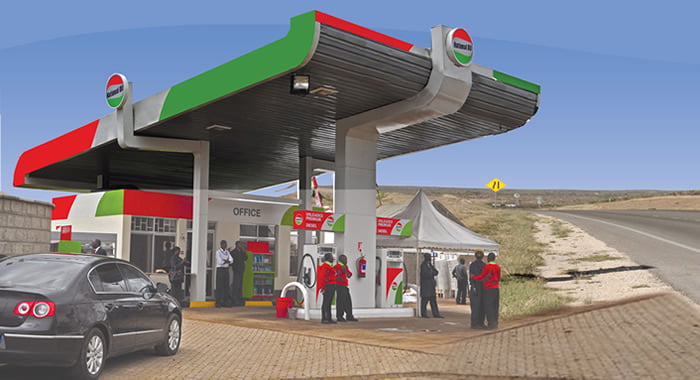The long-running corruption case against former Nairobi Senatorial aspirant Gabriel Bukachi Chapia reached its conclusion on 19 September 2025, when the Milimani Anti-Corruption Law Courts convicted him on multiple charges of forgery and fraudulent acquisition of public property, bringing an end to years of investigations, legal battles, and a failed attempt by the Director of Public Prosecutions to terminate the case.

The conviction, delivered by Hon. C.N. Ondieki, followed a plea bargain agreement in which Mr. Chapia pleaded guilty to three counts of forging academic certificates under sections 345 and 349 of the Penal Code, and two counts of unlawfully acquiring public funds in violation of section 45(1)(a) of the Anti-Corruption and Economic Crimes Act as read with section 48, an admission that tied together allegations stretching back more than a decade of fraudulent employment gained through falsified qualifications.
Under the sentencing terms, the court ordered him to serve two-and-a-half years in prison or pay a fine of Ksh 30,000 on each of the five counts, bringing the total fine to Ksh 150,000, while also directing him to refund Ksh 182,751 earned during his tenure at Moi Teaching and Referral Hospital and Ksh 3,314,662 received from the Kenya Investment Authority, sums that, when combined with 12 percent interest, amounted to Ksh 3,917,102.56, with the warning that failure to repay the money would result in an additional year of imprisonment beyond the custodial sentence already imposed.
The Ethics and Anti-Corruption Commission, which led the investigation, revealed that it first received a report on 4 May 2017 alleging that Mr. Chapia, who had campaigned as the 2017 ODM Senatorial candidate for Nairobi City County, had falsified academic credentials to secure positions at Moi Teaching and Referral Hospital, the Kenya Investment Authority (KenInvest), and later Nairobi City County Government, prompting a detailed probe that uncovered forged documents purporting to show a Master’s degree in Information Technology from Daystar University, a Computer Science degree from Maseno University, and assorted diplomas and short course certificates allegedly issued by the Catholic Diocese of Nakuru.
According to the Commission’s findings, these fabricated qualifications were used to gain employment as ICT Manager at Moi Teaching and Referral Hospital in 2009 and at Kenya Investment Authority in 2010, and later to secure the role of Ward Administrator with Nairobi City County in 2014, enabling Mr. Chapia to unlawfully draw salaries and benefits over several years, a pattern of conduct that investigators said represented both an abuse of public resources and a breach of trust in public institutions.
The path to conviction was marked by controversy in October 2024, when the Director of Public Prosecutions applied under section 87(a) of the Criminal Procedure Code to withdraw the case, which was then registered as ACC No. E041 of 2020, despite testimony already having been heard from fourteen witnesses, an attempt that was vigorously opposed by the Ethics and Anti-Corruption Commission on the grounds that such a move lacked a sound legal or public-interest basis and would squander the considerable resources already expended on the prosecution.
In submissions to the court, EACC argued that abandoning the proceedings would undermine the fight against graft and send a dangerous signal regarding accountability for public officials, a position with which the court agreed, ruling that the matter should proceed to its logical conclusion, a decision that paved the way for this week’s guilty plea and sentencing.
The outcome, which EACC described as a major victory, not only recovers public funds but also serves as a warning that forged qualifications and the misappropriation of public resources can carry severe personal and financial consequences, reaffirming the judiciary’s role in upholding the integrity of Kenya’s public service and the broader framework of anti-corruption enforcement.
Below are the official records and judgments issued by the Milimani Anti-Corruption Law Courts.
